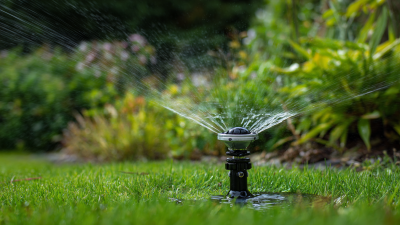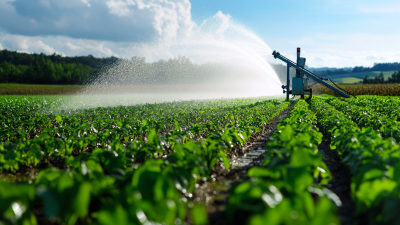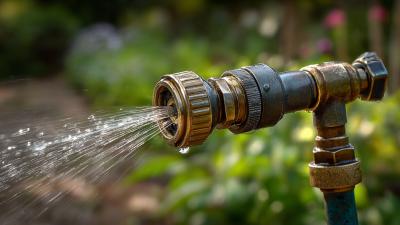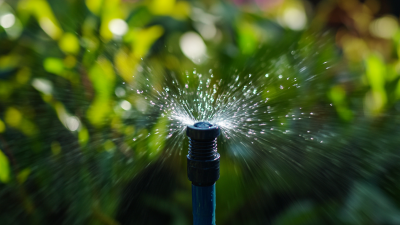When it comes to upgrading or replacing fixtures in your home, choosing the right faucet adapter can make all the difference. This seemingly small component plays a crucial role in ensuring that your faucets function effectively and meet your water supply needs. Whether you're looking to install a new kitchen faucet, connect a garden hose, or switch to a more efficient spray nozzle, the correct faucet adapter will facilitate seamless compatibility between different plumbing systems and fixtures. Navigating the various styles and sizes available can be daunting, especially with the diverse options on the market today. Therefore, understanding your specific requirements is essential to ensure that you select the right faucet adapter for your home.
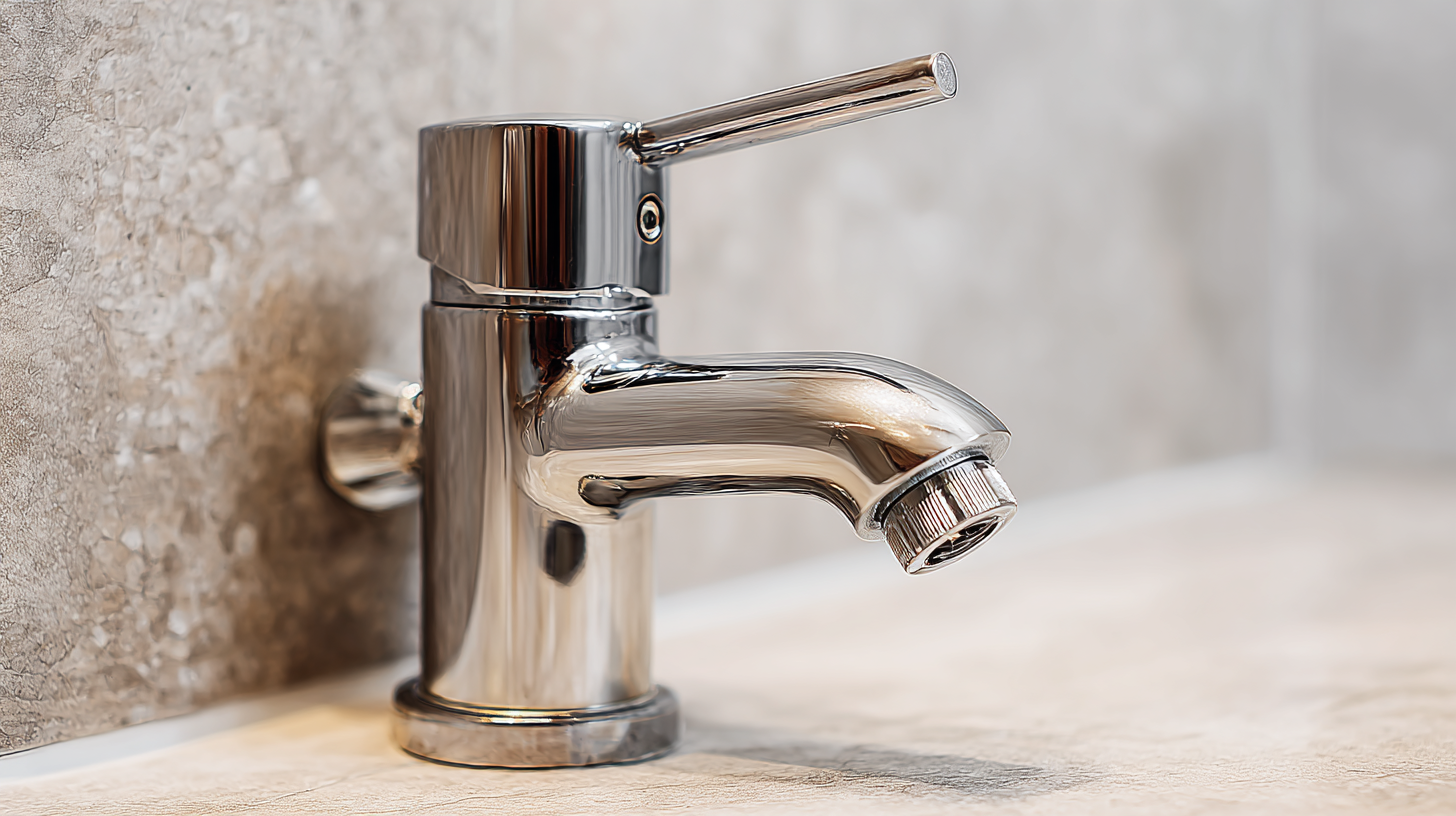
In this guide, we will explore the different types of faucet adapters, how to measure your fixtures, and key considerations to help you make an informed choice.
When it comes to choosing the right faucet adapter for your home, understanding the different types available in the market is crucial. There are primarily three widely-used types of faucet adapters: standard threaded, quick-connect, and multi-function. According to a report by the Home Improvement Research Institute, nearly 60% of homeowners underestimate the significance of selecting the proper adapter, which can lead to leaks, water wastage, and increased utility costs. Standard threaded adapters are common for screw-on faucets, while quick-connect models offer ease in installation for portable devices. Multi-function adapters, on the other hand, cater to various faucet types, allowing versatility for different needs.
Tips: When selecting a faucet adapter, always check for compatibility with your existing fixtures. Measure the diameter of the faucet spout and assess whether you require an adapter with specific features, such as a swivel or adjustable hose. Also, look for adapters made from durable materials, as these often provide better longevity and leak prevention.
Additionally, pay attention to the flow rate specifications. The Environmental Protection Agency recommends using low-flow adapters to conserve water while still enjoying adequate pressure. Choosing the right faucet adapter not only enhances functionality but also supports eco-friendly practices. Investing in the right type will ensure optimal performance, reducing maintenance issues in the long term.
When choosing the right faucet adapter for your home, evaluating its compatibility with your current plumbing setup is crucial. Compatibility assessment can be likened to the rigorous evaluations conducted in various fields such as aerospace and medical technology. Just as researchers have meticulously assessed the material compatibility of aerospace metals in aggressive chemical environments, homeowners must ensure that their selected faucet adapter works seamlessly with existing fixtures and pipes to avoid leaks and functionality issues.
Utilizing advanced compatibility testing methods, similar to those applied in medical device evaluations, can significantly reduce the risk of incompatibility. For instance, temperature-controlled systems in medical applications have demonstrated that precise compatibility assessments can lead to better performance outcomes. In plumbing, factors like thread sizes, aperture dimensions, and materials used (such as PVC or brass) all play a role in determining whether a faucet adapter will integrate effectively. A thorough investigation into these aspects ensures that homeowners enjoy both reliability and longevity in their plumbing installations, mirroring the careful considerations taken in sectors that prioritize compatibility, performance, and safety.
| Adapter Type | Compatibility | Pipe Size | Material | Features |
|---|---|---|---|---|
| Compression Adapter | Standard sink faucets | 1/2 inch & 3/4 inch | Brass & Plastic | Easy installation |
| Threaded Adapter | Standard external threads | 3/4 inch | Stainless Steel | Durable, rust resistant |
| Slip Fit Adapter | Flexible connections | 1 inch | PVC | Lightweight, cost-effective |
| Universal Adapter | Various faucets | Adjustable | Metal & Plastic | Versatile, easy to fit |
When selecting a faucet adapter for your home, the material of the adapter plays a crucial role in ensuring durability and compatibility with your plumbing system. Common materials for faucet adapters include brass, plastic, and stainless steel. Brass is known for its strength and resistance to corrosion, making it an excellent choice for both indoor and outdoor applications. On the other hand, plastic adapters are lightweight and resistant to rust, but may not withstand extreme temperatures as effectively as metal options.
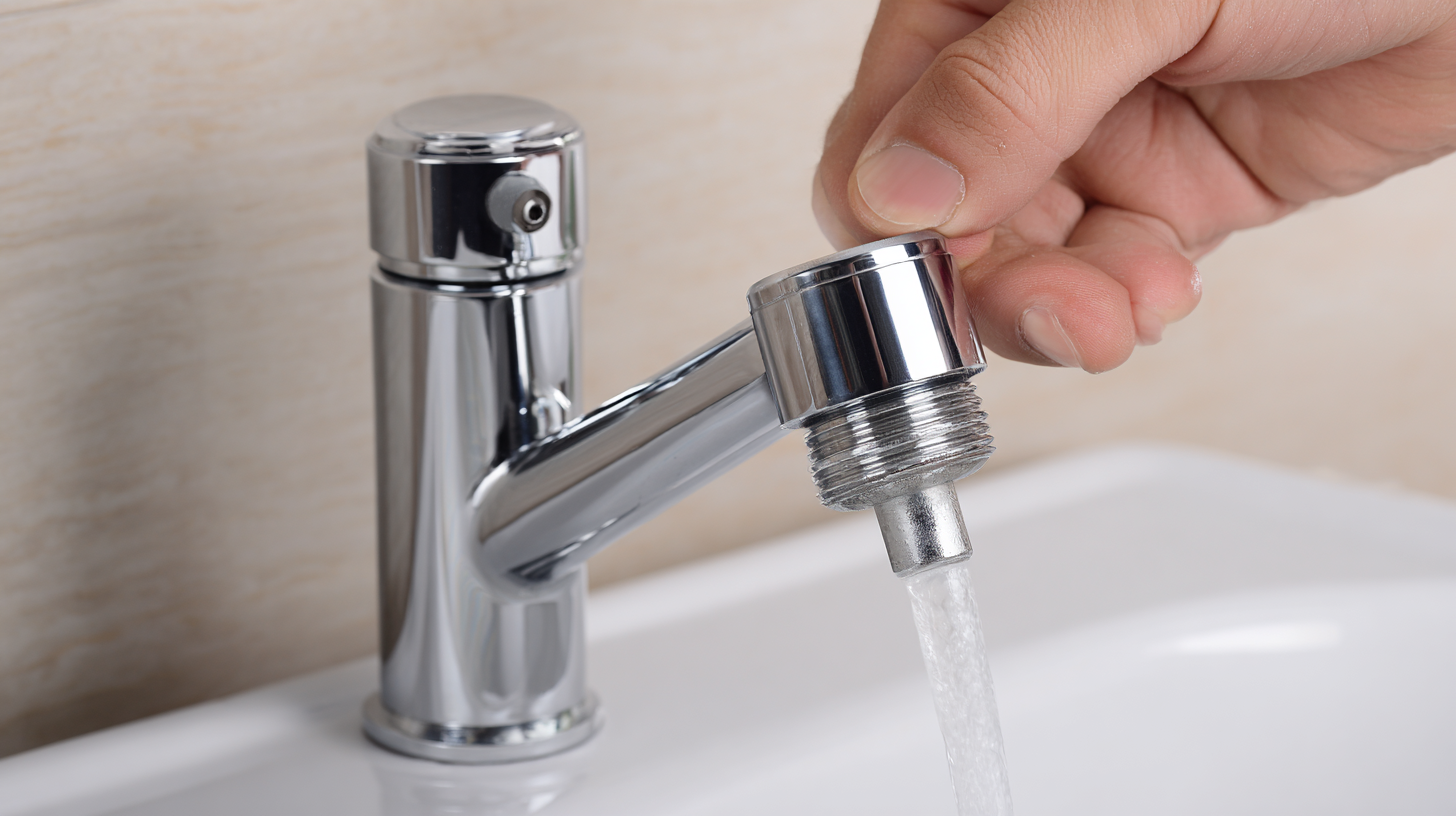
In addition to material, consider factors such as the adapter's threading and size to ensure a proper fit with your existing faucet and hoses. This is particularly important when using adapters for garden hoses or outdoor faucets, where a secure connection is essential to prevent leaks. Choosing the right faucet adapter material and ensuring compatibility will not only enhance the efficiency of your plumbing system but also prolong the lifespan of your fixtures, reducing the need for frequent replacements.
When installing a faucet adapter, proper preparation is key to ensuring a seamless fit and function. Start by turning off the water supply to avoid any unexpected leaks. Before attaching the adapter, clean the threads on both the faucet and the adapter itself. This helps create a snug seal and prevents any debris from interfering with the connection. Use plumber’s tape to wrap the faucet threads, which will enhance the seal and reduce the risk of leaks.
Once the adapter is in place, regular maintenance is essential for longevity. Periodically check for any signs of wear, such as rust or corrosion, and ensure that the connections remain tight. If you notice any drips or leaks, don’t delay in tightening the adapter or replacing worn-out parts. Regularly cleaning the faucet adapter will prevent mineral deposits from building up, which can impede water flow. Following these tips will not only extend the life of your faucet adapter but also ensure that it operates efficiently throughout its use.
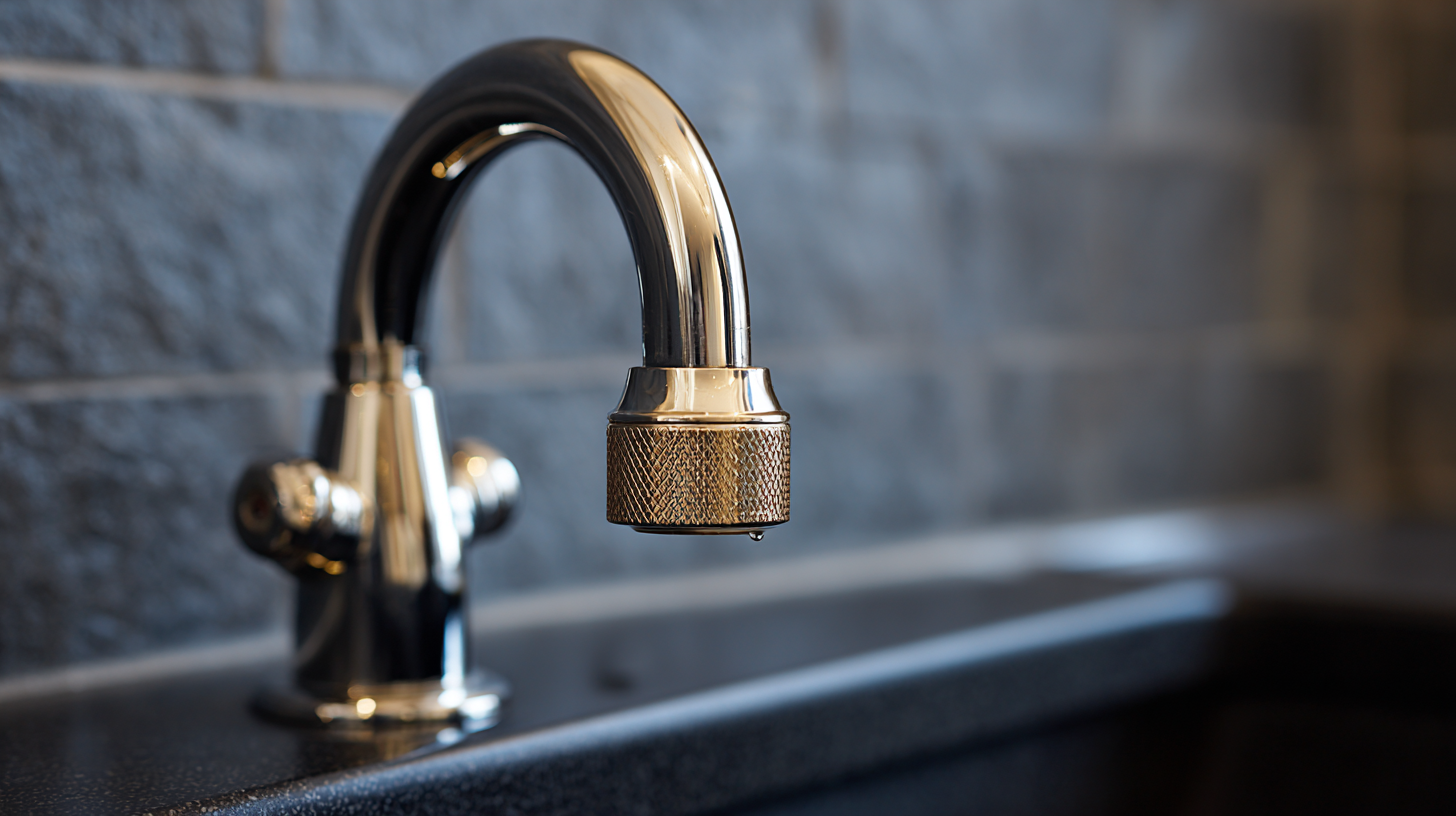
When selecting a faucet adapter for your home, it’s easy to make mistakes that can lead to frustration and additional expenses.
One common blunder is overlooking compatibility. Many homeowners assume that all adapters will fit standard faucets, but there are various sizes and thread types available on the market.
Always measure your faucet's threads and check the specifications of the adapter to ensure a perfect match.
Another mistake is neglecting to consider the material quality. Some adapters are made from cheaper plastics that can wear out or leak over time, leading to ongoing costs and issues.
Opt for adapters made from durable materials like brass or stainless steel to ensure longevity and reliability.
Additionally, don’t forget to check for user reviews before making a purchase; they can provide valuable insights into the performance and durability of specific models.
By avoiding these pitfalls, you can choose the right faucet adapter that meets your needs effectively.


